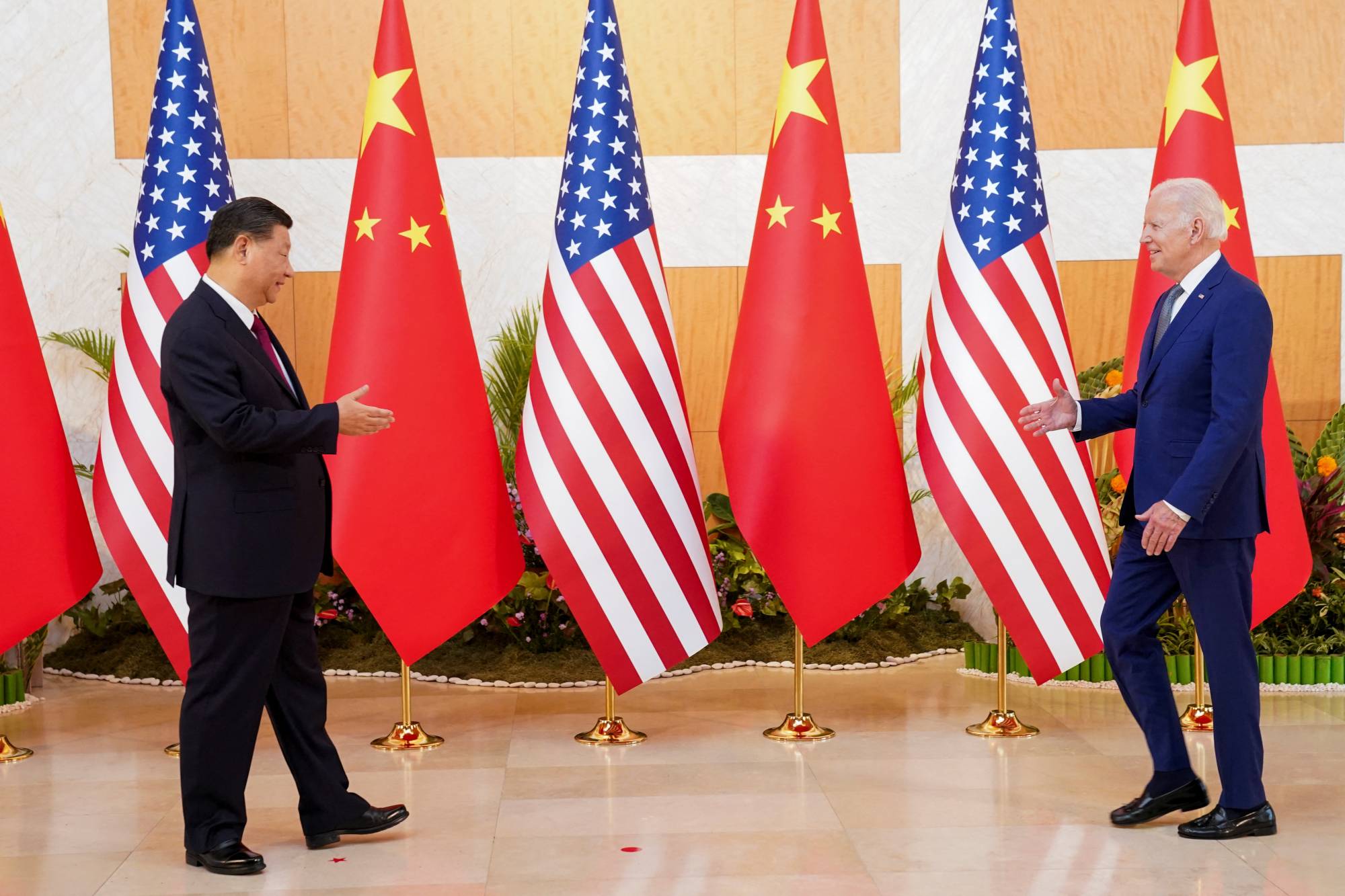For all the uncertainties in the debate about decoupling China and Western economies — and there are far more questions than answers — everyone agrees on one thing: It will be expensive.
While true, that simple fact doesn’t answer the one truly central question: Is it worth it?
That second question invokes the critical distinction between the price of something and its value. Decoupling will create losses — as economists define them — but there is growing conviction that something far more valuable, yet far less calculable, will be gained as a result: security.


















With your current subscription plan you can comment on stories. However, before writing your first comment, please create a display name in the Profile section of your subscriber account page.